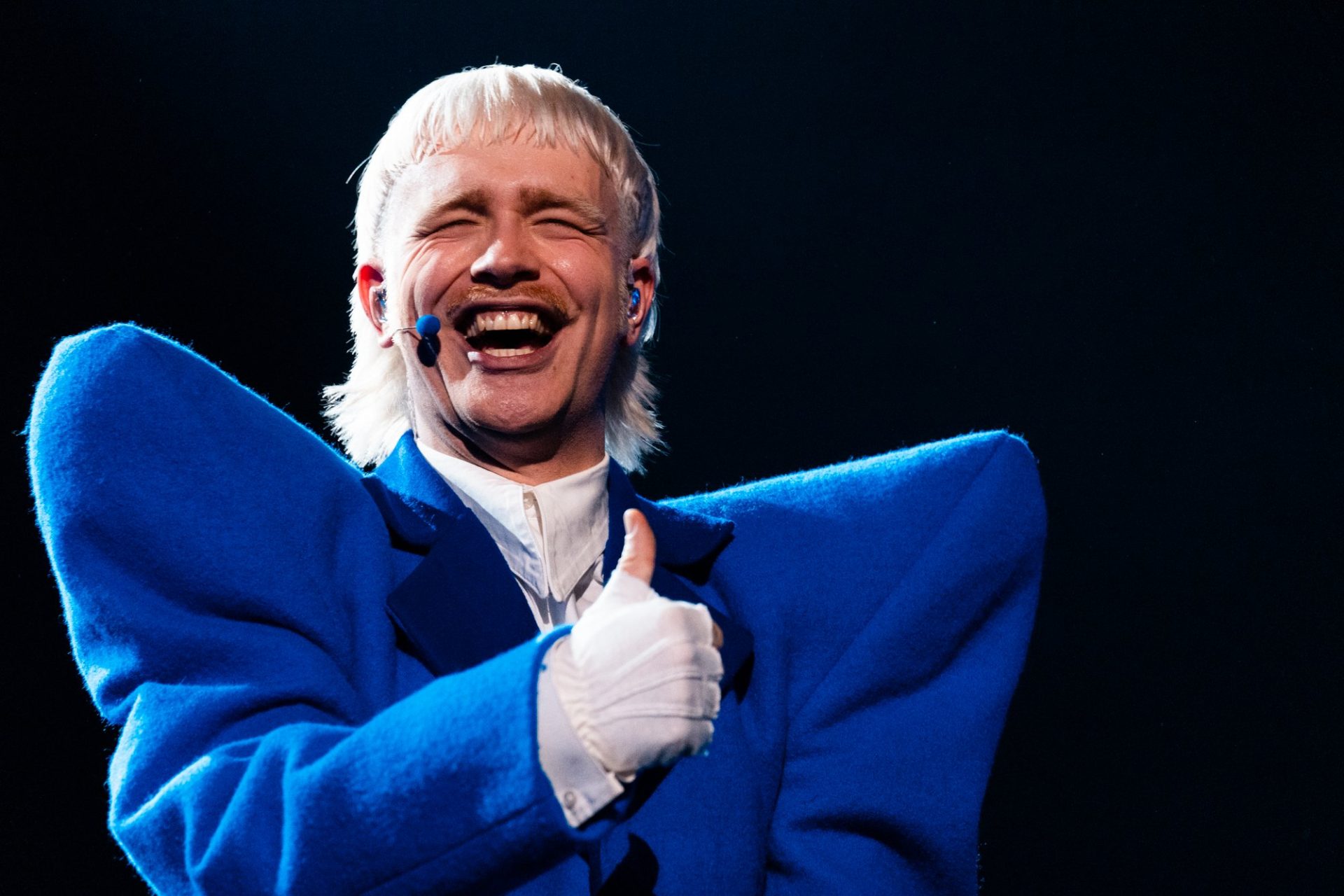Prince Harry's mental health issues: the diagnosed and the self-declared
From being diagnosed live on air, self-diagnosis, and discussions of therapy on TV, a lot of information about Prince Harry's mental health has come out lately. We look at all the admissions, diagnoses, and expert opinions.
The Duke and Duchess of Sussex have been bringing a number of issues to light in recent months. Firstly, and most notably, Harry’s opinion of ‘the firm’ and his family - the British Royals. But secondly, they brought his mental health into the spotlight.
We start with an expert’s diagnosis… in a live interview. Bringing mental health issues into the open has become a norm for celebrity culture - raising awareness of an issue that has long been in the shadows - but it is extremely rare to see such a high-profile person being actively diagnosed on air.
Prince Harry had an interview with bestselling author and trauma expert, Dr. Gabor Maté. They talked about his book, ‘Spare’, and about breaking away from the royal family. Harry explains that his exit was the moment he was no longer ‘held back’.
Photo: Random House / Vimeo
Dr. Gabor Maté is a renowned international speaker on addiction, childhood development, and the relationship between stress and illness. He was quick to use that expertise to diagnose Prince Harry.
But before Maté was able to work it all out, Harry opened up first to explain to the world why he is being so transparent with his personal feelings and traumas. He called it a 'service to others,' helping people in his campaign.
This all led to the moment when Dr. Maté finally diagnosed the son of the King - right there, on the spot. The expert suggested the prince had a string of disorders. He had drawn this conclusion after reading Harry’s book and speaking to him in the interview.
Among those were ADD and PTSD - conditions which have mainly stemmed from his childhood and young adulthood. Of course, Harry lost his mother, claims to have had a lack of paternal influence, and completed two tours in Afghanistan.
Another expert, Angela Karanja, backed up Maté’s diagnosis to NationalWorld. She said: "It is evident that Harry has compounded trauma, which is when a person experiences a series of adverse incidents or experiences." But she added one more factor to the list.
Photo: Still from Prince Harry's interview for CBS with Anderson Cooper
The adolescent psychologist, Ms. Karanja, noted the same trauma as Maté described, but she also considered his trauma in later years - most notably that of his wife, Meghan. She said: "This is a compilation of unprocessed childhood trauma and then more are heaped on him in adulthood when he has to endure racist abuse by proxy when his multiracial wife is attacked."
Harry’s response was also straight and honest. In fact, the Prince even acknowledged that he had been diagnosed with PTSD by his own personal therapist. But in his book, Harry did explain that the condition had not been dealt with well.
In Harry’s memoir, 'Spare,' Harry had spoken to his father, Charles about what he 'had been dealing with.' This included panic attacks and episodes of anxiety. Finally, the then-Prince of Wales "lowered his head and said, ‘I suppose it’s my fault. I should have gotten you the help you needed years ago.’"
Charles had sent Harry to a doctor, which the Duke considers a 'kind gesture on his [dad's] part. However, the visit was not successful. The physician "wanted to prescribe me pills. I did not want to take pills," Harry wrote. He was then diagnosed as having PTSD.
The Prince continued retelling his story of discovery: "Aside from all of my work with injured soldiers, all of my efforts to help them … I never realized that I myself was an injured soldier… And my war had not started in Afghanistan. It started in August of 1997."
The loss of his mother, Princess Diana, had a huge effect on Harry. The prince recalls in the incredibly transparent, 'The Me You Can’t See,' that he had much unresolved anger from his mother’s death.
"I was so angry with what happened to her. And the fact that there was no justice—at all. Nothing came from that. The same people that chased her into the tunnel photographed her dying on the backseat of that car," the Duke of Sussex shared.
Because of that trauma, the young prince developed severe anxiety and had panic attacks in his twenties, according to his AppleTV+ show. He even self-medicated, finding his own way out of his tensions.
"I was willing to drink. I was willing to take drugs. I was willing to try and do the things that made me feel less like I was feeling," he admitted to Oprah.
Then, one day, his therapist put it in a way that Harry would finally understand where his trauma and grief stemmed from. He said Harry often reverted to ’12-year-old’ Harry. As the Duke recalls in his interview with Oprah, his friends confirmed this observation. They said: "You never processed it. You were never allowed to talk about it and all of a sudden, now, it’s coming up in different ways as projection."
Another disorder that Harry himself shared, was agoraphobia. This is an intense disorder that causes fear in certain situations, especially around large groups of people, for example. Not ideal for a world-famous prince.
"I was an agoraphobe," he writes in 'Spare,' as highlighted by The Mirror. "Which was nearly impossible given my public role."
He also recalls that he "nearly fainted" during one speech that "couldn’t be avoided or canceled." The Mirror quotes Gregory Jantz, a US-based clinical psychologist, who said agoraphobia gives you this feeling of intense fear, often accompanied by symptoms such as trouble breathing, lightheadedness or dizziness, a rapid heart rate, sudden flushing or chills, or excessive sweating.
Harry suffers from these mental disorders due to the trauma and stress suffered as a child, teen, and adult. He is trying to reclaim power over his life by telling the world about his struggles. But it seems Harry still has a long way to go to expel these demons.
Adolescent psychologist for NationalWorld Angela Karanja commented on Harry’s current place in his journey toward healing. She said: "I believe he has a lot of unprocessed trauma. You know someone has healed when there are suggestions of ‘letting go’ as indicated by - the experiences though real, no longer have a negative hold on them."
"In the book, I felt I was reading about a Harry who’s still angry about the many incidents that have happened in his life… It’s imperative for him to come to a point where we relinquish the hold that that pain has on us. Otherwise, we’ll continue to bleed on others because people who are hurting hurt others."
Let’s hope Harry’s campaign to bring his own mental health to the forefront not only assists the Prince in ‘letting go’ but also helps others in speaking freely about mental health topics. That, as the Prince says himself, is his overall goal.





































